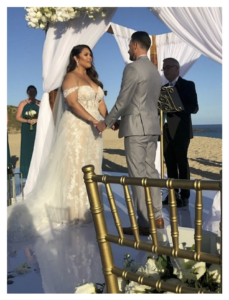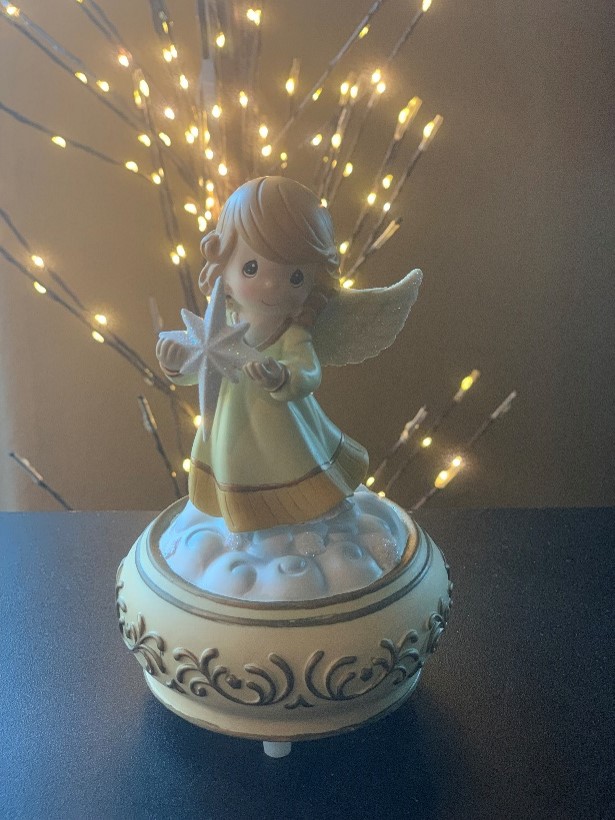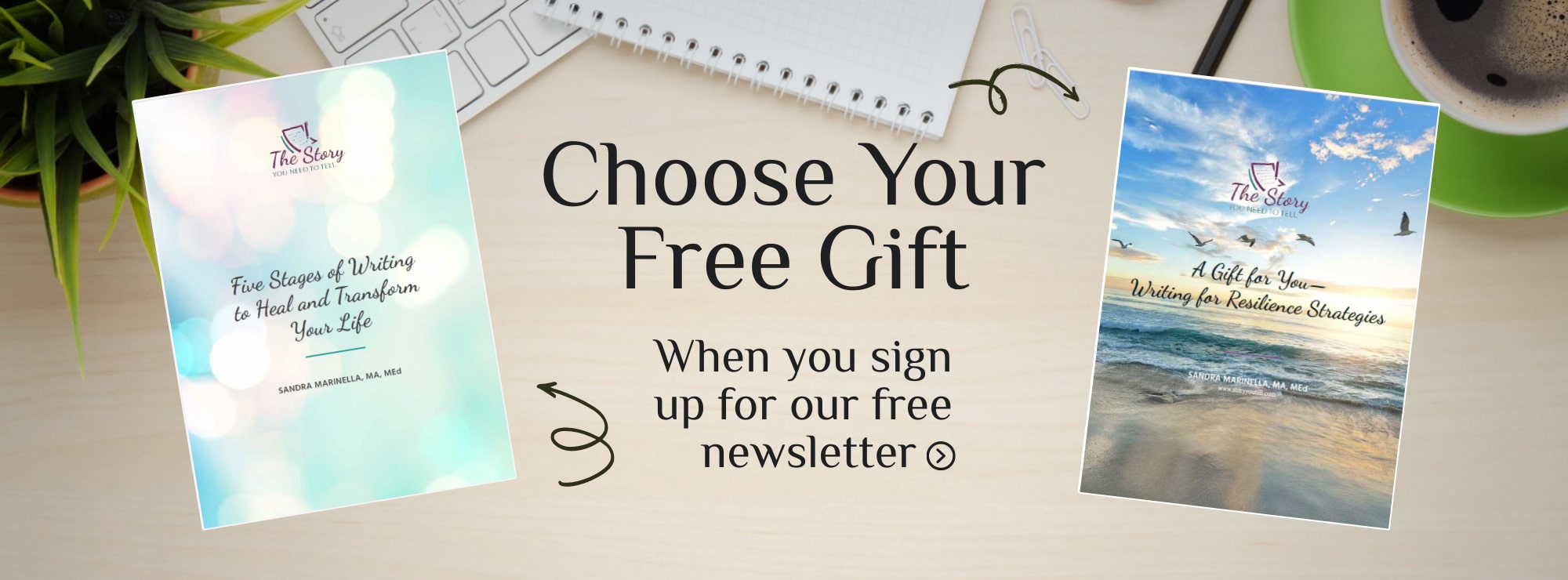Love in the Time of COVID
 I dug out my passport, and I bought both the plane tickets and a pair of badly needed low-heeled shoes. I was ready to boogie to James Taylor’s “How Sweet It Is.” Kate and Drew had planned their Cabos San Lucas wedding far in advance, believing we would have left COVID behind. Like most of us, I just needed a good party. An event. Remember those?
I dug out my passport, and I bought both the plane tickets and a pair of badly needed low-heeled shoes. I was ready to boogie to James Taylor’s “How Sweet It Is.” Kate and Drew had planned their Cabos San Lucas wedding far in advance, believing we would have left COVID behind. Like most of us, I just needed a good party. An event. Remember those?
Two weeks before the wedding the Omicron variant began to jack up the number of COVID cases in Arizona from 3,000 to 12,000 and then 30,000 new cases a day! I became jittery, but I got my dress cleaned, paid my hotel bill, and pulled the suitcase down.
Within days Omicron ripped my wedding plans in two. Steve’s small engineering company who practiced social distancing and masking from the start of the pandemic had as many cases on that Monday as they had tracked since the start of this outbreak. The good news was the Cue testing kits that the company had helped to build worked like a charm.
The bad news was the number of people who were testing positive around us, and the impossibility of juggling all the illness and supply chain shortages, scattered our plans like a ripped-open bag of confetti. I emailed my physician who advised us to stay stateside until this surge was over. I called the mother of the bride to cancel, and then I sat down, cried a bit, and poured out the pain on paper.
While I felt profoundly sad, I quickly realized that given all the losses that have been faced in these times, my loss was small, and did not deserve my energy. A wedding was unfolding. Valentine’s Day was near. I began to research love and scrawl my thoughts.
From the Beatles “I Want to Hold Your Hand” to Taylor Swift’s “Lover,” I realized we are a culture awash in love. When I thought about it, I realized most of what we sing about and “long for” is romantic love. Psychiatrist Neil Burton noted that our longing for undying love with one other human, or romantic love, “is a modern construct” that emerged with the romance novel – books like Jane Austen’s Pride and Prejudice. Who does not remember the tug of emotions unfolding in Elizabeth and Darcy as they “fall in love.” Hmm. Did we create this spin on love? I was curious.
Dr. Burton goes on to argue there are many forms of love that are far more available and potentially more fulfilling than romantic love. We can track all of these back to the Greeks.
- Eros – passionate love
- Philia: intimate, authentic friendship
- Ludus: playful, uncommitted love
- Storge: unconditional, love for family
- Philautia: self-love which can be healthy or go overboard
- Pragma: committed, companionate love
- Agápe: empathetic, universal love for others
Instead of going to Mexico that week, I went to my Zoom writing classes to be with my writers. My refuge. Fourteen women were engaged in exploring how the power of perspective impacts both our writing and our lives. As if cued by my research, Nora began to spin a tragic story. “My nephew fell in love with a tall, lanky girl at his school. Pretty girl. They dated and eventually she dumped him. His perspective was limited. He thought she was the only one he would ever love. He jumped off a bridge. Suicide at nineteen. If only he waited and learned to see love can be more.”
The ensuing discussion made it clear that I would need more than a blog, perhaps a book, to explore love. Later as we chatted, Nora added, “As we grow our perspective of love, we learn how it can be shared with others. I come to this group to hear your words and honor them, and you do the same for me. We come together in community with a love for each other and a love for our words.”
I thought about what Nora said and what Dr. Burton had argued. My life was richly threaded with many kinds of love. I felt love for the work I did with my writing groups – agape. I felt love for my students as we shared our words and our personal stories – philia. I even felt love for my son when he interrupted my class by calling – storge.
As I made this list and acknowledged the richness of many kinds of love, my phone began to buzz. When I tapped it on, I discovered that a stream of photos was flooding my text feed. A picture of a bride in a stunning white lace dress. Photos of a groom reciting a poem he had written to honor their love. The light in their eyes as they gazed upon one another.
As I scanned the photos, it hit me. Romantic love is indeed an idea we have created. A wonderful one when it blooms as in this moment for Kate and Drew. But when we stop to think, humans have always created new words and ways of understanding our lives. Indeed, philia, eros, and all forms of love as defined by our ancestors help us understand and explain love more fully.
Our words shape our understanding of life, and our writing and stories, give it greater meaning. This coming month I am going to celebrate not only Kate and Drew, and the magic of that comes of romantic love, but also the magic of being able to love in so many divergent and beautiful ways.
Happy Valentine’s Month!



